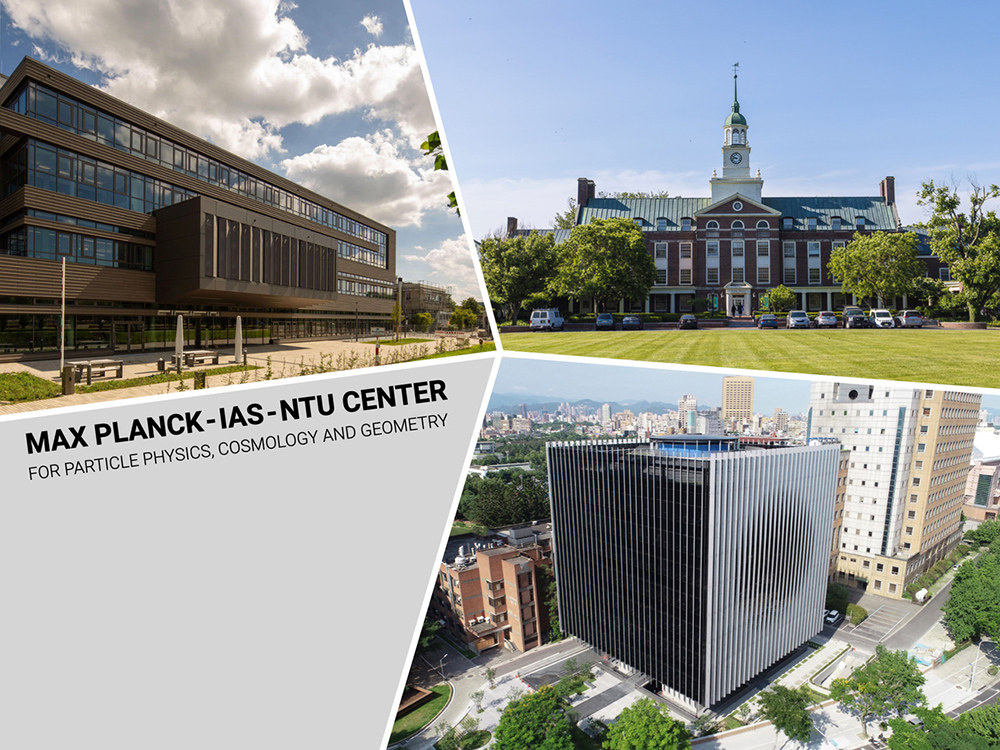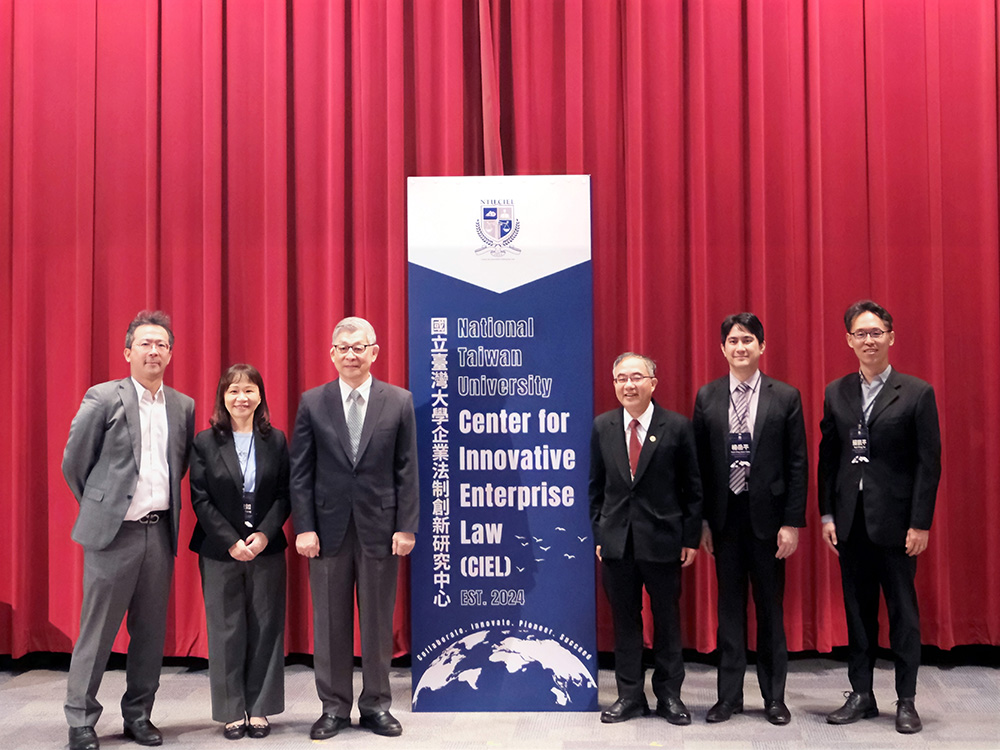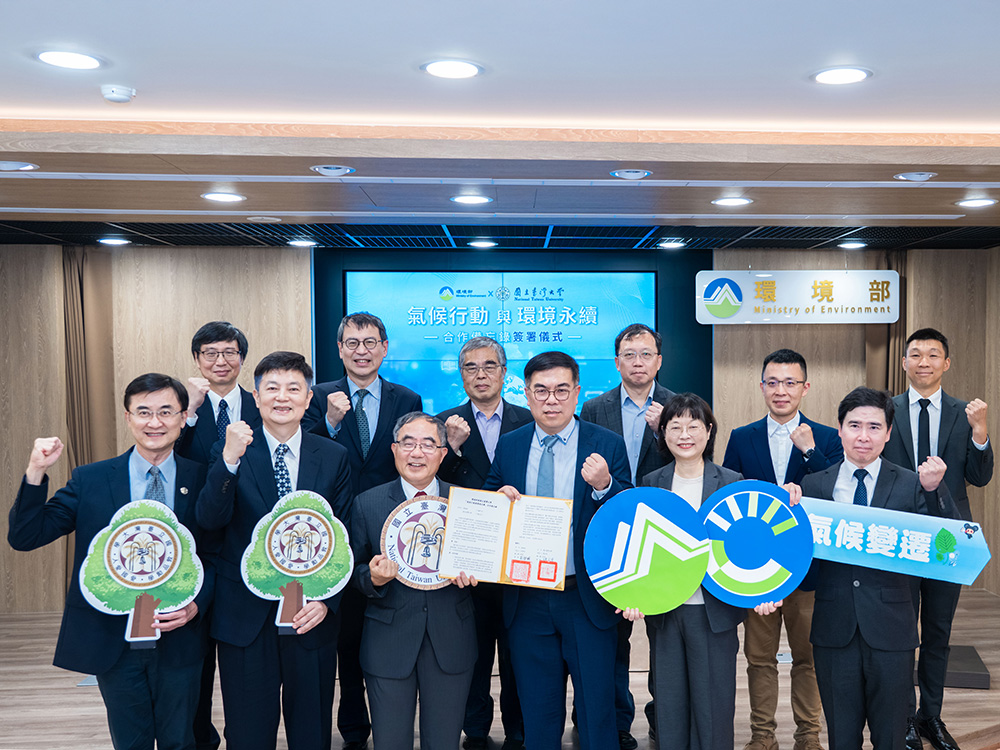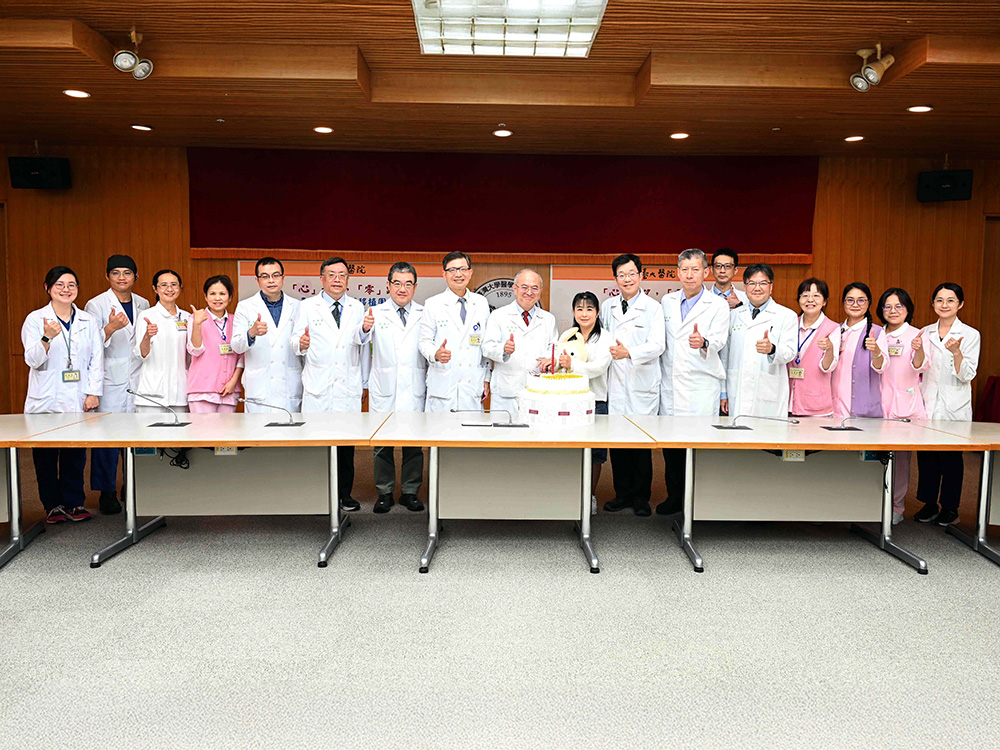
A Distinguished Global Research Center Established at NTU under Trilateral Cooperation
瀏覽器版本過舊,或未開啟 javascript
請更新瀏覽器或啟用 javascript
Spotlights
Prof. Pisin Chen, Director of the NTU Leung Center for Cosmology and Particle Astrophysics, is awarded the Blaise Pascal Chair for his research on analog black holes.
Accelerating mirrors can simulate black hole Hawking evaporation. The similarity between partner modes (left) and the partner modes trapped near an equivalent event horizon (right) can be understood through Einstein’s equivalence principle.
Blaise Pascal Chair—an honor named after 17th-century French scholar, Blaise Pascal.
Prof. Pisin Chen (陳丕燊), Director of the NTU Leung Center for Cosmology and Particle Astrophysics, was named the laureate of the internationally renowned Blaise Pascal Chair this year. Prof. Chen will conduct further research and experiment on analog black holes at the LULI Laboratory (Laboratoire pour l'Utilisation des Lasers Intenses) of École Polytechnique in France. The experiment is intended to simulate late-time black hole radiation and examine whether information would be lost during black hole evaporation.
The theoretical background of the experiment was jointly proposed by Prof. Pisin Chen and Prof. Gérard Mourou, Nobel Laureate in Physics 2018, in a paper titled, “Accelerating Plasma Mirrors to Investigate the Black Hole Information Loss Paradox” in 2017. The experiment uses lasers and plasma targets with density gradients to create flying mirrors as analog black holes for investigating if black hole Hawking radiation can cause information loss. The black hole information loss paradox, a problem that has been debated by physicists for 40 years without conclusive answers, implies that Albert Einstein’s theories of general and special relativity could be incongruous with quantum mechanics.
Upon proposing this concept with Prof. Mourou in 2017, Prof. Chen organized a multinational research team on Analog Black Hole Evaporation via Lasers (AnaBHEL) to conduct experiments on this paradox. The Blaise Pascal Chair is a timely support for Chen to continue the AnaBHEL experiment.
Established in 1996 by the Government of the Île-de-France Region, Blaise Pascal Chairs are given to acclaimed scientists around the world to support their advanced research. Every year, four world-renowned scholars in the fields of natural science, life science, social science, and humanities are named Blaise Pascal Chair laureates, which are considered a highly prestigious position.
A typical Renaissance man, Blaise Pascal (1623-1662) was extremely versatile. He was mathematician, physicist, chemist, meteorologist, musician, educator, philosopher, theologian, and the first inventor of calculator. Naming this award after his name is therefore a pertinent choice.
In the past two decades, only two among the 100 or so Blaise Pascal Chair laureates are from Asia. We are glad and honored to note that Prof. Pisin Chen is the first Taiwanese scholar to receive this award—which is an honor not only to himself, but to NTU and Taiwan as a whole.
More coverage:
Taipei Times: http://www.taipeitimes.com/News/taiwan/archives/2018/11/03/2003703537

A Distinguished Global Research Center Established at NTU under Trilateral Cooperation

Collaborative study between NTU and Japan uncovers the origin of Adzuki Beans and agriculture in Japan

NTU Launches Center for Innovation in Enterprise Law—with Forum Highlighting Trump’s Policy and Legal Shifts Amid Geopolitical Tensions

NTU and Ministry of Environment Sign MOU to Advance Net-Zero Transition and Environmental Resilience

NTU Hospital’s Cardiac Transplant Team Pioneers Beating Heart Transplant with Zero Ischemic Time
Current Spotlights